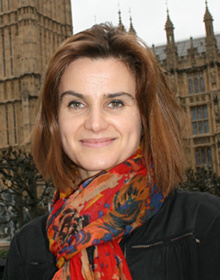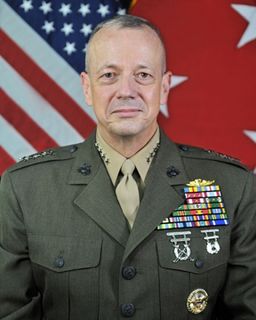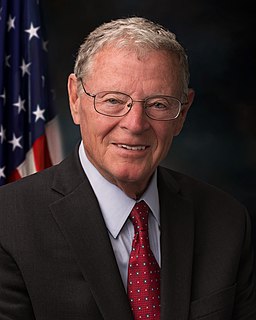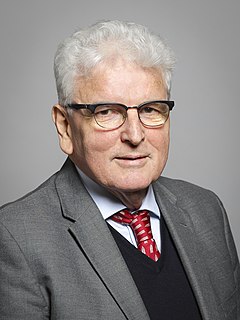A Quote by David Petraeus
Central to achieving progress in Afghanistan - and to setting the conditions necessary to transition security tasks from the international community to the Afghan government - is increasing the size and capability of ANSF.
Related Quotes
As president, my goal in Afghanistan will be to complete a successful transition to Afghan security forces by the end of 2014. I will evaluate conditions on the ground and solicit the best advice of our military commanders. And I will affirm that my duty is not to my political prospects, but to the security of the nation.
Iraq both poses a continuing threat to the national security of the United States and international peace and security in the Persian Gulf region and remains in material and unacceptable breach of its international obligations by, among other things, continuing to possess and develop a significant chemical and biological weapons capability, actively seeking a nuclear weapons capability, and supporting and harboring terrorist organizations.
Karzai is Afghanistan's first democratically elected president. He brought the international community into partnership on an unprecedented level, and he championed a new constitution that is liberal, democratic and still very Afghan. All of that does reflect a vision. But he's presided over a country that is still in conflict, and he hasn't taken some of the difficult decisions his own government wanted him to take. On corruption, he hasn't been as decisive as he should've been. There are legitimate questions about him.
The Afghan - obviously the parties will decide which course of action. The most important there, get a government that is seen as legitimate to the people and has the credibility to be a partner in the effort to secure Afghanistan so it's not a haven for al Qaeda or other type of terrorists or international terrorist organizations.
The president [Barack Obama] decided to leave more troops than he had originally planned in Afghanistan. We have a very cooperative government there, with Ashraf Ghani and his top - his top partner, Abdullah. And they are doing their very best. And the Afghan army is actually fighting. The Afghan army is taking heavy losses defending Afghan territory.
If Afghan soldiers continue to kill American soldiers as is happening these days, it can hardly be assumed that they will stay in Afghanistan in the long term. And what role are they to play? There will not be enough soldiers to ensure the security of the country. But will the US still be permitted to kill terrorists in Afghanistan and Pakistan with un-manned drones? That could worsen the situation in the neighboring states and they could view Afghanistan as a threat.




































